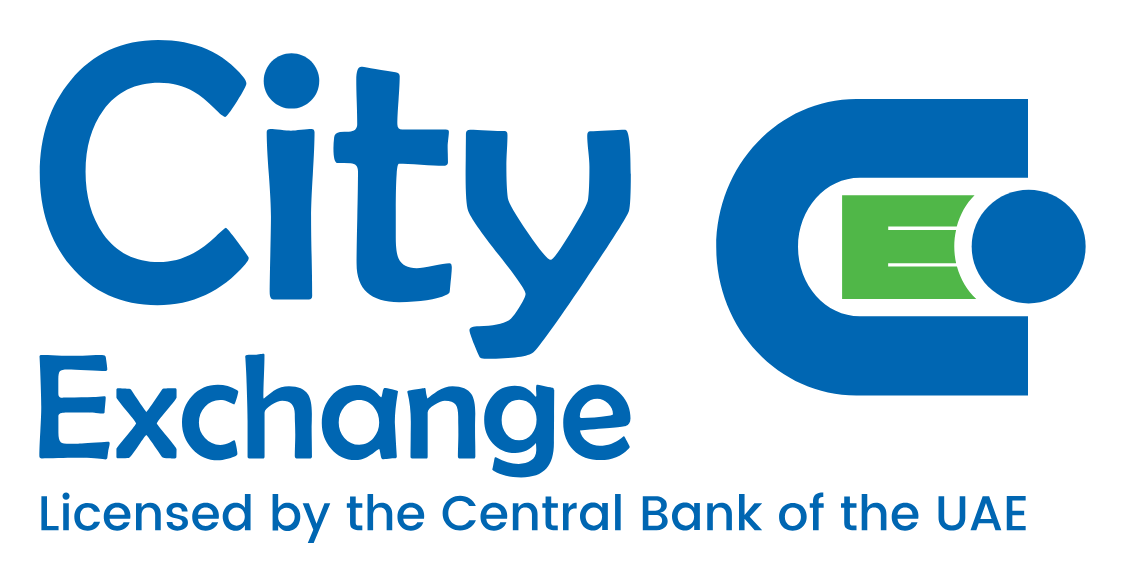Introduction
City Exchange is committed to maintaining a robust framework to prevent Money Laundering (AML), Combat the Financing of Terrorism (CFT), and Counter-Proliferation Financing (CPF). Our policies align with both UAE regulatory requirements and international standards, underscoring our dedication to safeguarding the financial system and ensuring that our operations remain free from misuse by criminal entities.
Money laundering is the illicit process of concealing the origins of money obtained from criminal activities. This is typically executed in three main stages:
- Placement: Introducing illegally obtained funds into the financial system.
- Layering: Conducting complex transactions to obscure the origins of the illicit funds.
- Integration: Reintroducing laundered money into the economy as legally acquired assets.
City Exchange takes a proactive approach to mitigate these risks, applying preventive measures to ensure our services are not misused for money laundering or other illegal activities.
Terrorist Financing
Terrorist financing involves managing funds to support terrorism, which may come from both legitimate and illegitimate sources, including donations, business revenues, and criminal activities. City Exchange is vigilant in identifying and reporting suspicious transactions that may be associated with terrorist financing, ensuring full compliance with regulatory requirements.
Know your customer (KYC) & know your customer’s customer (KYCC)
Our KYC/KYCC procedures form the foundation of our AML defences. Prior to conducting transactions, City Exchange captures, verifies, and evaluates essential customer information. Should a customer fail to provide required KYC information or seem reluctant, the transaction is flagged, and further investigation may be initiated by compliance.
Customer Onboarding
City Exchange categorizes customers into two types:
- Individual Customers: Screened by branch personnel with real-time checks against watchlists.
- Corporate Customers: Undergo additional compliance verification and require all necessary documentation to be reviewed by the Compliance Department.
Both individual and corporate transactions are subject to thorough screening. Any matches on internal or external watchlists are held for compliance review and authorization.
Customer identification (CID) & customer due diligence (CDD)
The CID process requires verification of clients’ original identification documents. City Exchange conducts CDD before onboarding new customers and while establishing partnerships with correspondent banks or other service providers to ensure transparency.
Enhanced due Diligence (EDD)
Enhanced Due Diligence applies to high-risk customers and transactions, including clients in sectors like jewellery, real estate, and high-value items, as well as Politically Exposed Persons (PEPs) and non-residents. High-risk clients are subject to regular review and ongoing compliance monitoring.
Transaction Monitoring & Suspicious Transaction Reporting (STR)
City Exchange continuously monitors transactions, regularly updating internal and external watchlists. If a transaction is flagged as suspicious, a Suspicious Transaction Report (STR) is filed promptly with the Central Bank through the online reporting portal. All employees are trained and required to report any unusual activities to the Compliance Department.
Confidentiality and tipping off
Employees are prohibited from sharing information about ongoing investigations or reports. Any violation will result in disciplinary actions to uphold the confidentiality of compliance processes.
Periodic KYC Reviews
City Exchange conducts regular KYC reviews for all clients. High- and medium-risk clients undergo routine assessments based on transaction behaviours, business nature, and other risk indicators.
Record Retention
In line with CBUAE regulatory requirements, City Exchange shall retain and protect sensitive information and streamline access to essential information such as copies of all customer records, supporting documents, and data, related to all transactions which include but are not limited to transaction receipts, KYC, CDD & EDD documents, business correspondence, and personal identification documents for a minimum period of five (5) years from the date of completion of the transaction, termination of the business relationship or the date the account was finally closed.
Prohibited Business Relationships
City Exchange refrains from engaging with shell companies, unlicensed entities, NGOs/Societies, alcohol and arms traders, hawaladars, online betting businesses, individuals or corporates on sanctions lists, and entities linked to illicit activities. Any existing relationships discovered to be associated with prohibited activities will be terminated.
Know your Employee (KYE)
In coordination with Human Resources, City Exchange ensures thorough employee vetting and employs only reliable individuals to protect the integrity of our operations.
Training Programs
All staff, particularly those involved in onboarding and transaction processing, must complete mandatory AML/CFT/CPF training. The Compliance Department organizes assessments to measure training effectiveness and to reinforce AML/CFT awareness.
Risk-based Approach (RBA)
City Exchange applies a risk-based approach to identify and address potential risks. By evaluating transactions and customer profiles, we adopt proactive measures to mitigate threats to the financial system.
Independent Testing
Internal and external audits assess the effectiveness of our AML/CFT/CPF compliance framework. Recommendations from audits are implemented to reinforce our compliance procedures and ensure continual improvement.
Policy Review and Updates
Our AML/CFT policies undergo regular reviews by the Compliance Department to ensure alignment with regulatory and industry standards. Any amendments are approved by the Compliance Committee, keeping our policy framework current and robust.
City Exchange remains dedicated to upholding the highest standards in AML/CFT compliance, ensuring a safe and secure environment for all financial transactions. We are committed to preventing illicit financial activities and preserving the integrity of the financial system.
